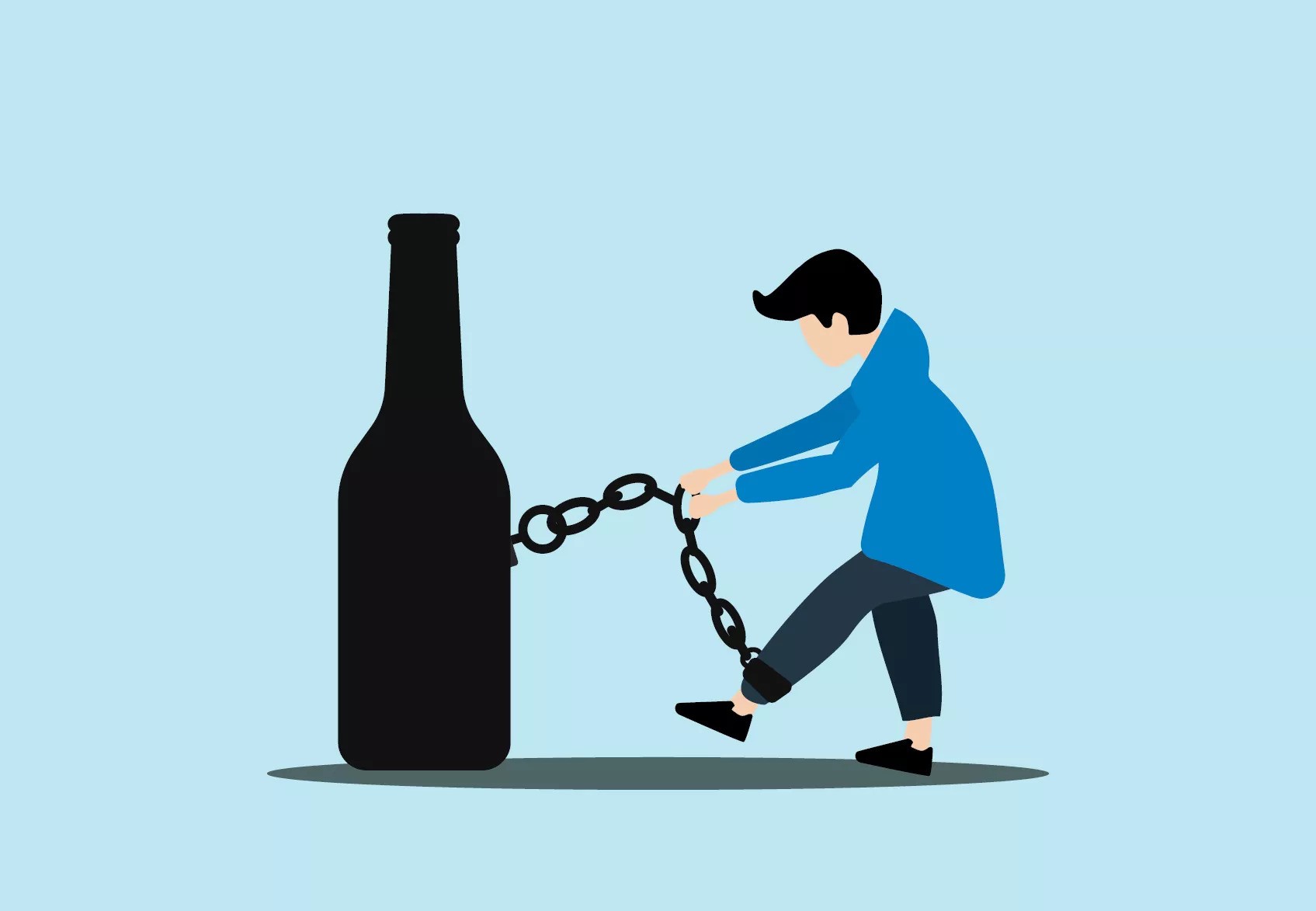Overcoming alcohol addiction is a challenging journey that requires professional help and support. If you have a loved one who is struggling with alcohol addiction, you may be wondering when the right time is to talk about registering them at an alcohol addiction treatment center. In this post, we will explore the signs that indicate it’s time for your loved one to seek professional help, how to initiate the conversation, and the benefits of involving a treatment center in their recovery process.
Recognizing the Signs:
The first step in determining whether it’s time to register your loved one at an alcohol addiction treatment center is recognizing the signs of addiction. These signs may vary from person to person but typically include:
1. Increased tolerance: If your loved one needs more significant amounts of alcohol to achieve the same effects they used to experience with smaller amounts, it could indicate a developing tolerance and potential addiction.
2. Withdrawal symptoms: Withdrawal symptoms such as irritability, shakes, nausea, or sweating when attempting to reduce or stop drinking can be strong indicators of physical dependence on alcohol.
3. Neglecting responsibilities: When someone starts prioritizing drinking over their obligations and responsibilities at work, school, or home, it suggests that their relationship with alcohol has become unhealthy and problematic.
Initiating the Conversation:
Initiating a conversation about seeking help for alcohol addiction can be challenging but necessary. Here are some tips for approaching this sensitive subject with empathy and care:
1. Choose an appropriate time and place: Find a comfortable and private setting where both you and your loved one can speak openly without distractions or interruptions.
2. Use non-confrontational language: Avoid blaming or criticizing your loved one for their behavior. Instead, express concern using “I” statements and emphasizing your love and support.
3. Offer empathy rather than solutions: Recognize that overcoming addiction is a personal journey, and your loved one needs to make the decision for themselves. Your role is to listen, offer support, and encourage them to seek professional help.
Benefits of an Alcohol Addiction Treatment Center:
Integrating a treatment center into your loved one’s recovery process can significantly increase their chances of long-term sobriety. Here are some benefits they can expect from seeking professional help:
1. Comprehensive treatment programs: Alcohol addiction centers provide tailored treatment plans designed to address the unique needs of each individual. These programs combine evidence-based therapies, counseling, group support, and medical care to maximize recovery outcomes.
2. Detoxification and medical supervision: For individuals struggling with severe alcohol addiction, supervised detoxification may be necessary. Treatment centers have medical professionals who monitor the detox process, ensuring safety and comfort during this challenging phase.
3. Peer support network: Joining a community of individuals in various stages of recovery can be incredibly beneficial for your loved one’s journey. Treatment centers often facilitate group therapy sessions where patients can share experiences and support each other throughout their recoveries.
4. Aftercare planning: Successful recovery extends beyond the duration of a treatment program. Alcohol addiction centers typically provide aftercare planning to ensure a smooth transition back into daily life, including ongoing therapy options, relapse prevention strategies, and community resources.
Besides the benefits mentioned above, addiction treatment for alcohol or other substances can have various other positive ramifications. Therefore, if you have chosen to seek assistance, that in itself is a break through and you can expect you life to transform for the better.
Conclusion
Deciding when it’s time to register your loved one at an alcohol addiction treatment center requires careful consideration of their behaviors and needs. By recognizing the signs of addiction, initiating open conversations with empathy and understanding, and understanding the benefits that a treatment center offers, you can guide your loved one towards professional help on their path to lasting sobriety. Remember that everyone’s journey is unique; supporting them without judgment or pressure will create a safe space for them to seek the assistance they need.








Leave a Reply
You must be logged in to post a comment.